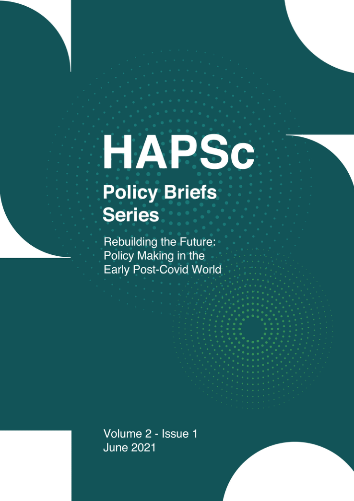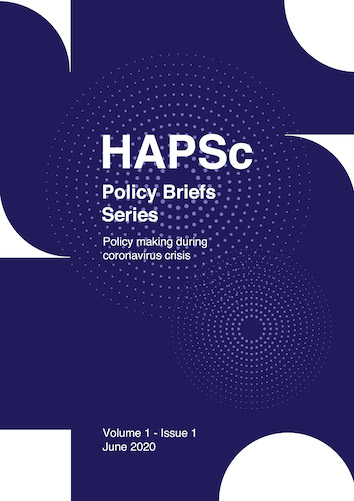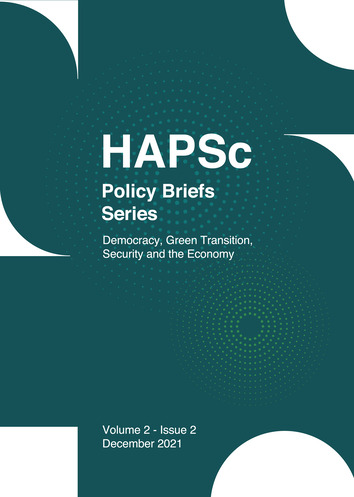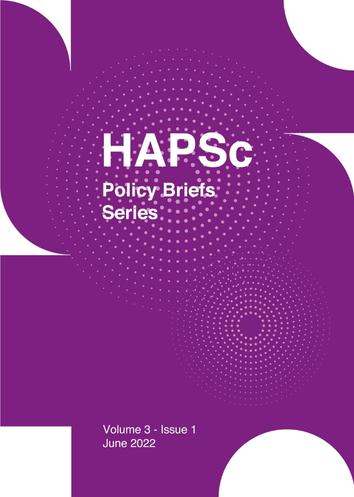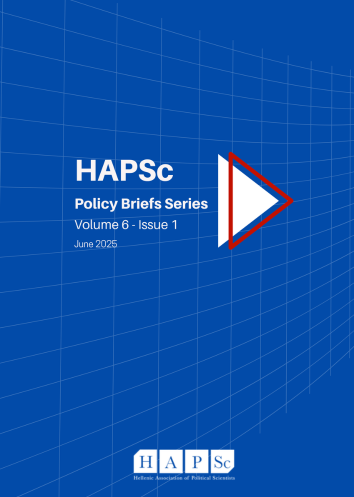Assessing Air Quality in Greece in Times of a Global Pandemic
Resumen
The transformation of the world in a matter of months evinced the magnitude of the pandemic worldwide with a rising death toll and rapid spreading of infections from a previously unknown virus that appeared in Wuhan (China) in December 2019. Aside from the severe health and economic effects of the coronavirus, the environment has seen a few considerable improvements. Amongst others, air pollution and greenhouse gas emissions have dropped at a global level as countries struggled to contain the spread of the coronavirus. Although Greece has a long record of problems and challenges in its environmental policy, the pandemic seemed to have caused a significant decline in its air pollution levels. This is mostly manifested in the reduced average monthly concentrations of three air pollutants (NO2, PM2.5, and PM10) in 2020 compared to pre-pandemic levels. The aim of this paper is to assess Greece’s air quality by looking at three cities (Athens, Thessaloniki, and Patra) and comparing the average concentrations of NO2, PM2.5, and PM10 over the period 2019-2020.
Article Details
- Cómo citar
-
Melidis, M., & Tzagkarakis, S. I. (2021). Assessing Air Quality in Greece in Times of a Global Pandemic. HAPSc Policy Briefs Series, 2(1), 87–93. https://doi.org/10.12681/hapscpbs.27663
- Sección
- Articles

Esta obra está bajo una licencia internacional Creative Commons Atribución 4.0.
Authors retain copyright and grant the journal right of first publication with the work simultaneously licensed under a Creative Commons Attribution License that allows others to share the work with an acknowledgement of the work's authorship and initial publication in this journal.
